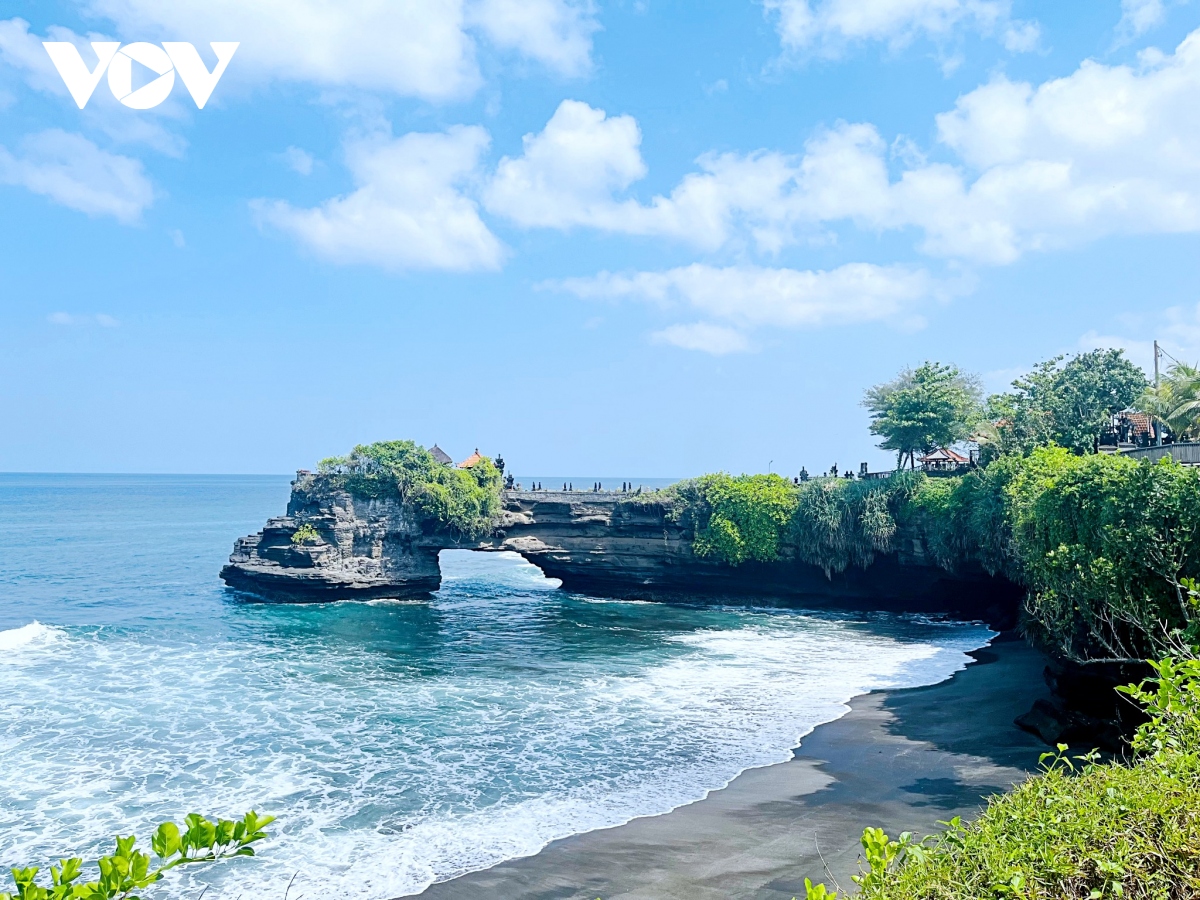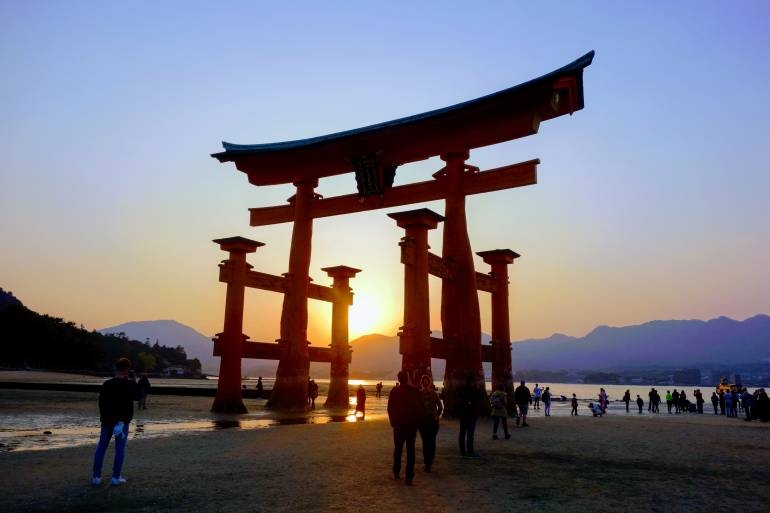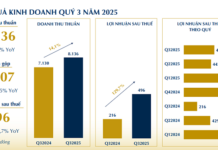Bali (Indonesia) is the latest addition to the list of tourist destinations around the world that charge a fee for conservation purposes. Since February of this year, all international tourists visiting Bali are required to pay a one-time fee of 150,000 rupiah (10 USD) per person. Estimated to generate about 250 billion rupiah in the first year, the Bali government states that this amount will be used to support the conservation of Bali’s unique cultural heritage and strengthen sustainable tourism efforts; used for cultural conservation and waste management programs.
In October of last year, Miyajima Island in Hiroshima Prefecture, Japan, known for its World Heritage site Itsukushima Shrine, started charging a visitor tax, with a fee of 100 yen (0.66 USD) per visit or 500 yen for a year. Local authorities state that the entrance fee will be used for the development of sustainable tourism, including measures to reduce congestion as well as the maintenance of the ancient shrine.

Bali is a popular destination for international tourists in Indonesia
Other famous destinations in Asia, such as Jeju in South Korea or Taketomi and Amami in Japan, are also considering introducing tourist fees. Jeju Island plans to use the fees to manage the increasing waste due to the tourism boom. Discussions from mid-2023 indicate that tourists visiting Jeju may have to pay a nightly fee in addition to a one-time island entrance fee and vehicle rental fee.
Last year, the destination of Taketomi in Okinawa, including Iriomote Island – a World Natural Heritage site, submitted a proposal to impose a tourist tax from the 2024 fiscal year. The funds are expected to be used to alleviate the burden on local infrastructure and reduce environmental damage caused by tourism activities. The nearby Amami Islands, also a World Natural Heritage site, are considering implementing a tax or requesting contributions from tourists to help protect the unique species and natural environment there.
In Southeast Asia, Malaysia has been collecting fees from international tourists since January 2023, while Thailand also has plans for tourist fees, although these plans are currently on hold. Thailand’s initial idea was to establish a health and accident insurance fund for foreign tourists, which is currently funded by the country’s budget.
The role of stakeholders in destination conservation
At Miyajima Island, local authorities report no change in visitor numbers compared to before and after the introduction of the tourist tax. The local government is ensured a “stable and continuous financial source per year of 350 million yen” – a huge sum of money being effectively used, from improving access and transportation to upgrading amenities such as cleaning and maintaining restrooms and resting areas to projects related to the preservation and inheritance of the cultural traditions of Miyajima. A notable project benefiting from tourist revenues is the “Another 1000 Years for Miyajima”, aimed at developing Miyajima as a sustainable destination with activities for everyone.

Torii gate at Miyajima, Japan. Source: Lily Crossley-Baxter/JapanCheapo
In addition to financial measures, the CEO of the Pacific Asia Travel Association (PATA), Noor Ahmad Hamid, suggests that destinations can encourage better tourist behavior through education, such as explaining the benefits of bringing their own water bottles when visiting destinations and requesting appropriate amounts of food. Organizations, travel companies, and tour operators should also inform tourists about the challenges of overtourism, enabling tourists to make “informed decisions” on destinations based on the carrying capacity.
In the island nation of Palau, a notable campaign to improve tourist behavior has been implemented. Through a smartphone application, tourists accumulate points by completing environmentally friendly tasks such as offsetting their carbon emissions, using services from responsible businesses, and participating in sustainable tourism projects.
Ewan Cluckie, founder of destination management company Tripseed (Thailand), believes that tourist fee plans also require appropriate and transparent enforcement in the allocation of funds. Tourists should also be encouraged to explore secondary destinations or undertake off-peak season trips to contribute to stable year-round tourism development at a destination.
Furthermore, destination management organizations (DMOs), foreign travel agencies, and tour companies play a significant role in communicating to consumers the benefits of sustainable tourism. Tour companies at destinations must ensure that their operations and development strategies align with sustainable goals, rather than prioritizing profit over community welfare.




































